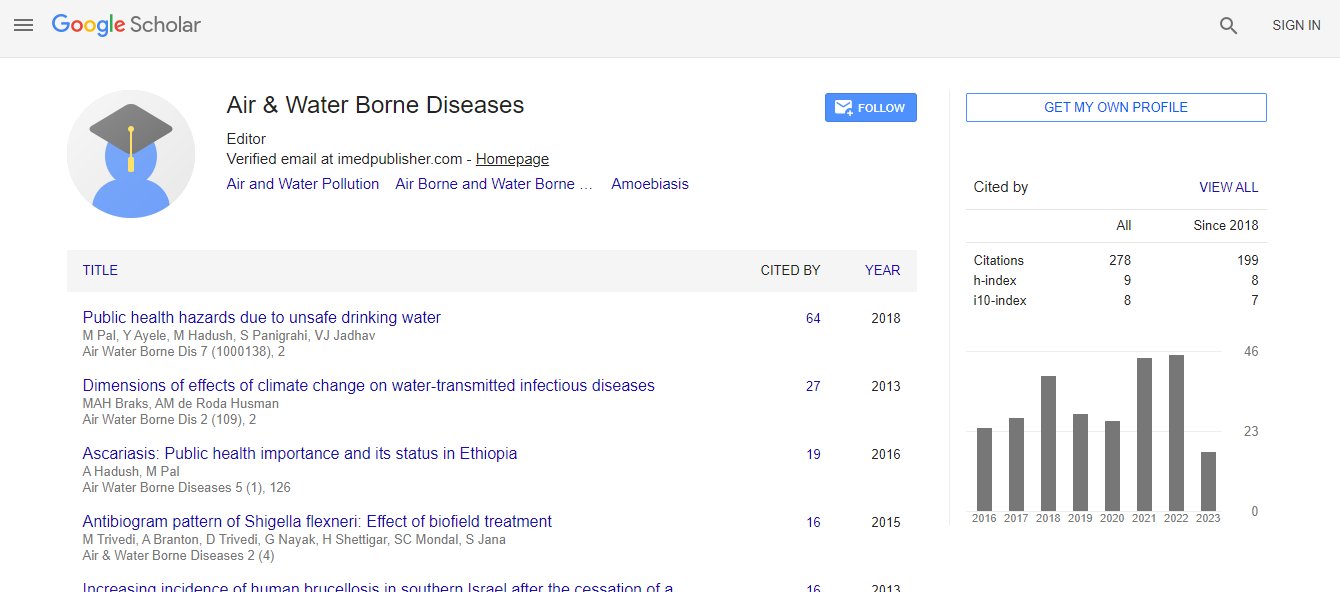Research Article
Increasing Incidence of Human Brucellosis in Southern Israel after the Cessation of a Veterinarian Control Campaign
Ari A Shemesh and Pablo Yagupsky*
Clinical Microbiology, Soroka University Medical Center, Ben-Gurion University of the Negev, Beer-Sheva, Israel
- *Corresponding Author:
- Pablo Yagupsky
Clinical Microbiology, Soroka University Medical Center
Ben-Gurion University of the Negev, Beer-Sheva, Israel
Tel: (972) 86400507
Fax: (972) 86403541
E-mail: yagupsky@.bgu.ac.il
Received Date: July 09, 2013; Accepted Date: August 23, 2013; Published Date: August 30, 2013
Citation: Shemesh AA, Yagupsky P (2013) Increasing Incidence of Human Brucellosis in Southern Israel after the Cessation of a Veterinarian Control Campaign. Air Water Borne Diseases 2:112. doi:10.4172/2167-7719.1000112
Copyright: © 2013 Shemesh AA, et al. This is an open-access article distributed under the terms of the Creative Commons Attribution License, which permits unrestricted use, distribution, and reproduction in any medium, provided the original author and source are credited.
Abstract
The southern region of Israel is populated by a mostly urban Jewish majority (population: 385,200 inhabitants) and a large seminomadic Bedouin minority (population: 188,900) who maintains herds of sheep and goats.
A retrospective study was conducted to assess the impact of the 1997 decision to discontinue a veterinarian control campaign on the epidemiology of human brucellosis in the region.

 Spanish
Spanish  Chinese
Chinese  Russian
Russian  German
German  French
French  Japanese
Japanese  Portuguese
Portuguese  Hindi
Hindi 